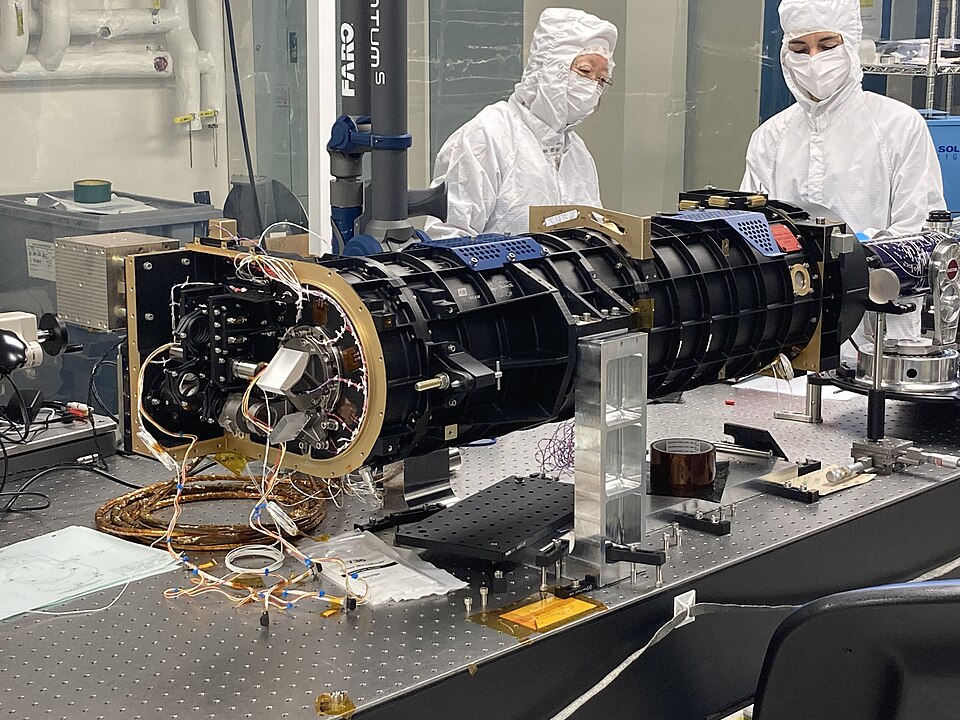Synthetic Human Genome Project: Advancements and Ethical Concerns

On June 26, 2025, the Wellcome Trust, the world’s largest medical charity, announced an initial investment of £10 million into the Synthetic Human Genome Project (SynHG), marking a significant step in the pursuit of creating synthetic human DNA. This ambitious initiative aims to synthesize a human genome, a feat previously regarded as both groundbreaking and controversial due to its ethical implications.
Historically, the concept of crafting a human genome has been shrouded in taboo. The Human Genome Project, completed in 2003, successfully mapped the entire human DNA sequence, opening doors to understanding genetic diseases and traits. However, the SynHG project seeks to take this a step further by not just reading, but writing human genetic information. "The ability to synthesize large genomes, including genomes for human cells, may transform our understanding of genome biology and profoundly alter the horizons of biotechnology and medicine," said Professor Jason Chin, who leads the project at the Generative Biology Institute of the Ellison Institute of Technology.
The project represents a more extensive endeavor than traditional gene editing, which typically makes minor modifications to existing DNA. Genome synthesis involves constructing entire genetic structures, such as complete human chromosomes, from scratch. This complexity suggests that it may take decades to complete a fully synthetic human genome. The primary objective is to produce a full synthetic human chromosome within the next five to ten years, building on previous successes such as the synthesis of the E. coli bacterium’s genome, which consists of approximately 4.5 million base pairs compared to the more than 3 billion base pairs of the human genome.
Despite its potential benefits, the project has evoked significant ethical concerns, particularly regarding the misuse of such powerful technology. Critics warn about the possibility of creating 'designer babies,' biological weapons, or even modified humans with unknown consequences. As noted in a report by the BBC, there is currently no regulation governing the potential misuse of synthetic biology technologies, raising alarms about the need for stringent ethical oversight.
In response to these concerns, the SynHG project is committed to exploring the ethical, legal, and social implications of its research through a collaborative approach. They have initiated a social science program titled Care-full Synthesis, aiming to establish accountable practices in scientific innovation. Joy Zhang, a researcher at the Centre for Global Science and Epistemic Justice at the University of Kent, emphasized the project's commitment to integrating diverse socio-ethical perspectives into its framework.
The potential applications of synthetic human DNA are vast and could lead to groundbreaking medical advancements. The project may pave the way for new treatments, including designer cell therapies and virus-resistant tissue transplants. Furthermore, it holds promise in addressing global challenges such as food security through the creation of climate-resistant crops. According to a report from The Guardian, the work of the SynHG project might also aid in developing synthetic mitochondria to prevent the transmission of mitochondrial diseases from mothers to their children.
The SynHG project involves collaboration among leading research institutions, including the University of Oxford, University of Cambridge, University of Manchester, and Imperial College London. This collective effort underscores the project's ambition to not only advance scientific knowledge but also to do so with a mindful approach to its societal implications.
In conclusion, the Synthetic Human Genome Project represents a pivotal moment in biotechnology, offering immense potential for medical breakthroughs while simultaneously posing significant ethical challenges. As research progresses, it will be essential to navigate these complexities carefully, ensuring that the scientific community remains accountable and that societal concerns are addressed thoughtfully. The journey of synthesizing human DNA is just beginning, and its impacts will resonate for generations to come.
Advertisement
Tags
Advertisement





